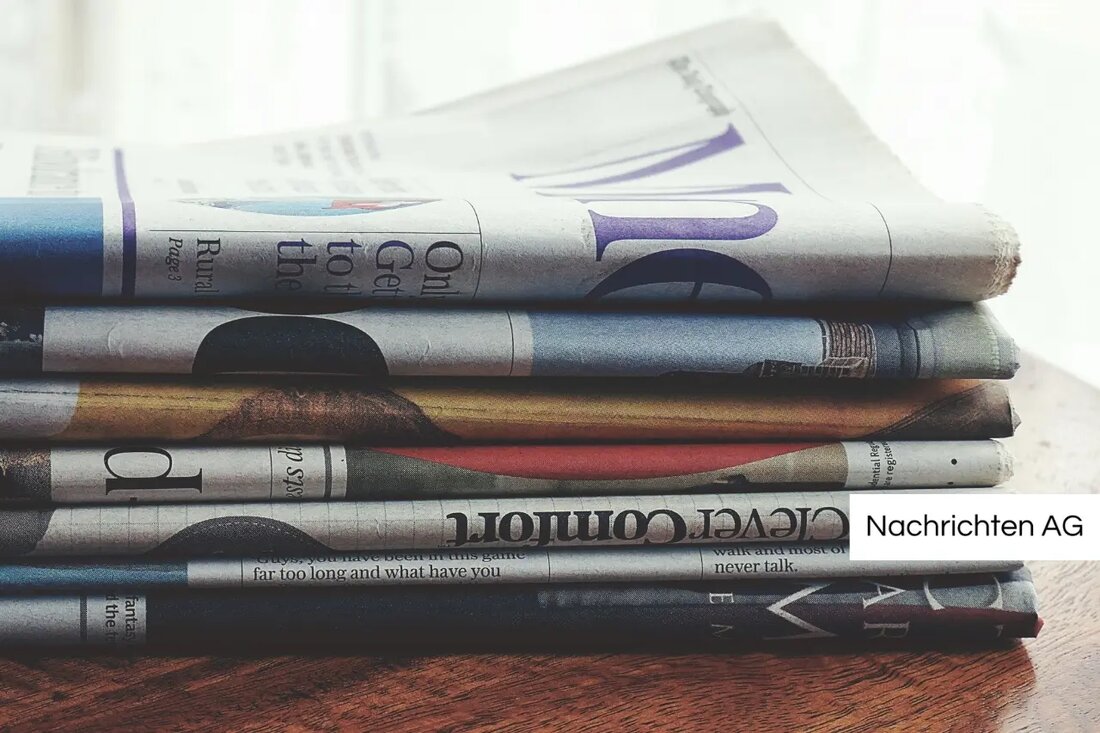Huge progress in local transport: tram returns after 43 years!
Huge progress in local transport: tram returns after 43 years!
The return of a tram connection to Recklinghausen and Bochum is imminent. After 43 years without a direct connection between Herne-Strünkede and Recklinghausen, the city plans to extend the existing U35 line from Bochum. The last tram connection of this type ended on October 3, 1982. According to Ruhr24 Recklinghausen district council already discussed about this important project.
The goal is a continuous connection from the Recklinghausen main station to the Ruhruni Bochum, which currently does not exist. A new regional train that was put into operation in North Rhine -Westphalia is currently the only direct connection.
Financial aspects and planning
The costs for the Herne-Strünkede section to the Recklinghausen Südbahnhof amount to around 20 million euros. The next step includes the testing of the project by the district government in Münster to ensure the feasibility of this connection.
There are several challenges in local transport in Bochum. The planning there provides to relieve the U35 campus line that is overcrowded during rush hours. In addition, the connection of the Bochum University and the Langendreer district is considered inadequate. According to a report by Local Compass is the current Lennershof stop almost 10 minutes on foot from the university.
The planned extension of the U35 will not solve all problems and could even lead to a deterioration in the connection. For example, the U35 stop is only hit every 12 minutes and there is no transfer-free connection from Langendreer to the RUB and University. Alternative traffic solutions, including a U35+bus combination, a cable car or another tram line, are checked.
cost comparison between the solutions
- U35+bus solution: 170 million euros, city bears 75.2 million euros.
- cable car solution: 149.4 million euros, city participates with 14.9 million euros.
- tram solution: 90 million euros, city finances 9 million euros.
The U35+bus solution turns out to be the most expensive, while the cable car and tram solution have similar costs. The cost difference between these two variants could equalize after seven years. As part of these plans, the need for an independent feasibility study for the detailed determination of the best solution and costs was recognized, for which an application was already made in the city council.
The public transport infrastructure in North Rhine-Westphalia is regularly evaluated according to FRD NRW . The traffic infrastructure requirement plan for public transport is continued every five years and includes long -term plans for the expansion of the rail infrastructure. These measures are necessary to meet the requirements of the growing traffic.
| Details | |
|---|---|
| Quellen | |


Kommentare (0)